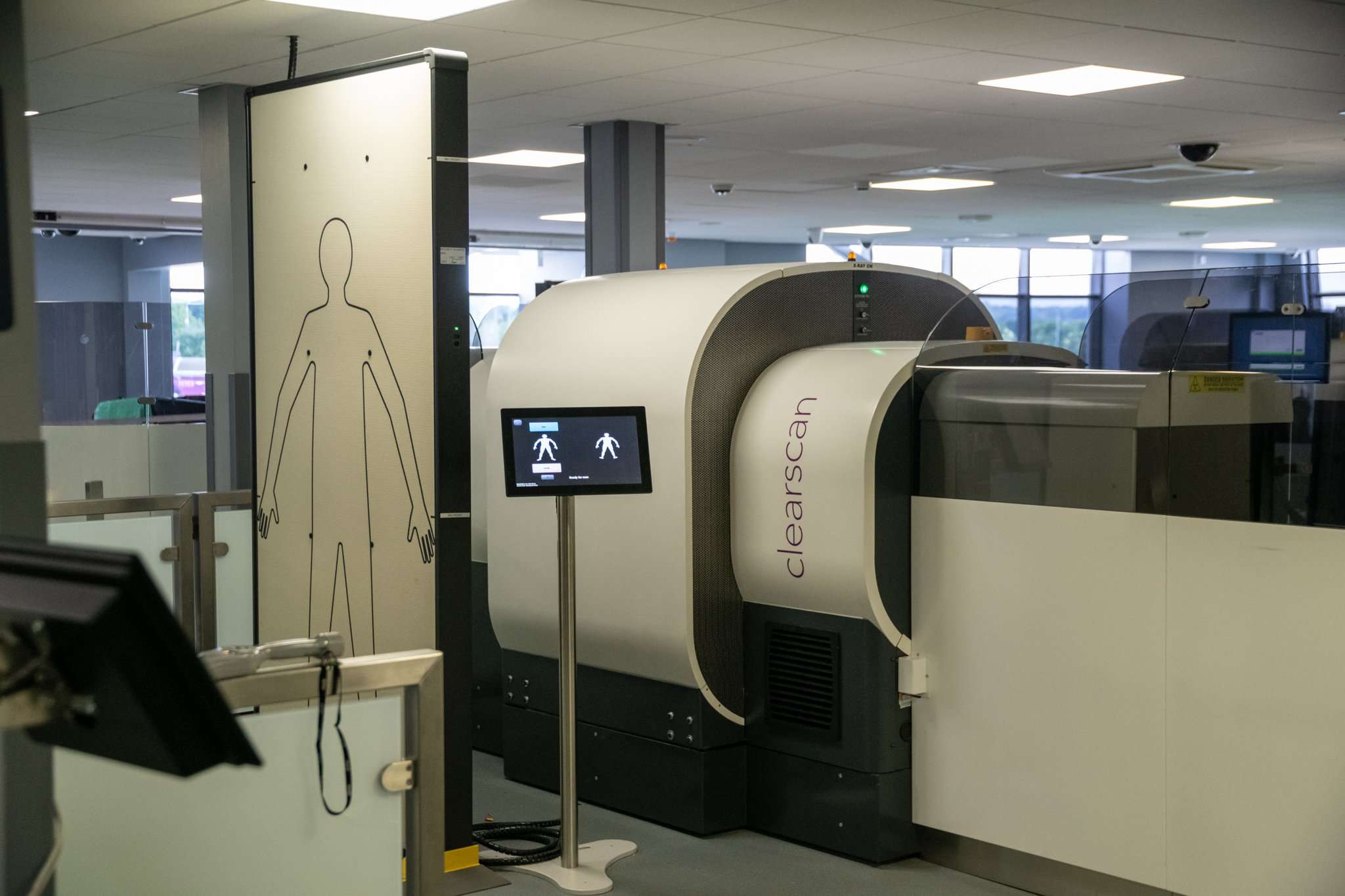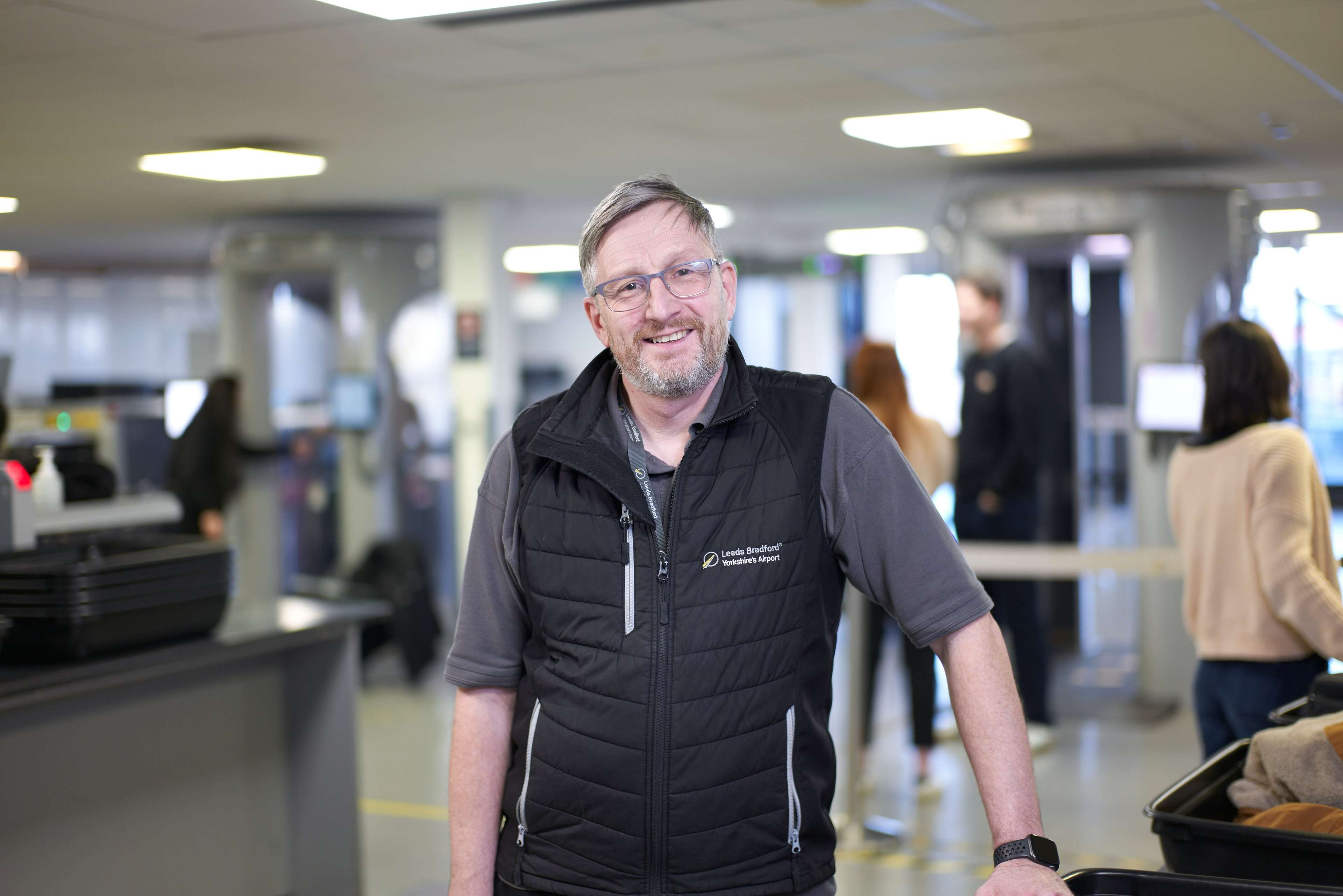
Security
Ready, Set, Relax: A Simple Guide to Airport Security
Be sure to arrive as advised by your airline and give yourself enough time to complete all necessary security procedures before your flight.
- Follow instructions from our security team, they’re here to help and keep you safe.
- Have your boarding pass ready to scan.
- Keep liquids and electronics in your hand luggage.
- Liquids/gels must be in containers of 100ml or less.
- Remove leg-covering boots.
- One lighter or e-cigarette per person is allowed.
Need help on the day? Our Duty Security Operations Manager is happy to assist.
Travelling onward or returning?
Security rules may differ at other airports, so please check before you travel.
From Yorkshire to the world, safe trip from Leeds Bradford!
